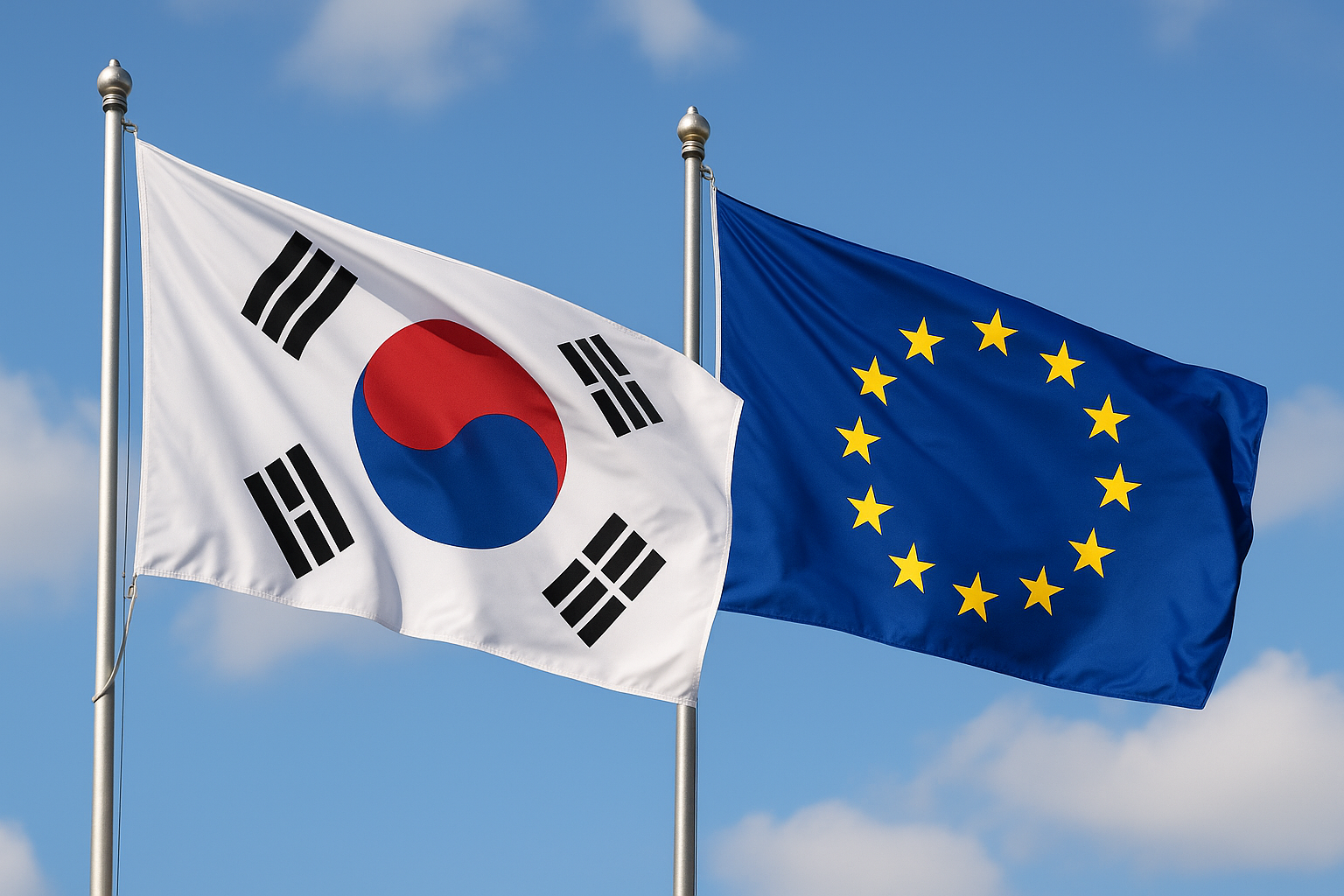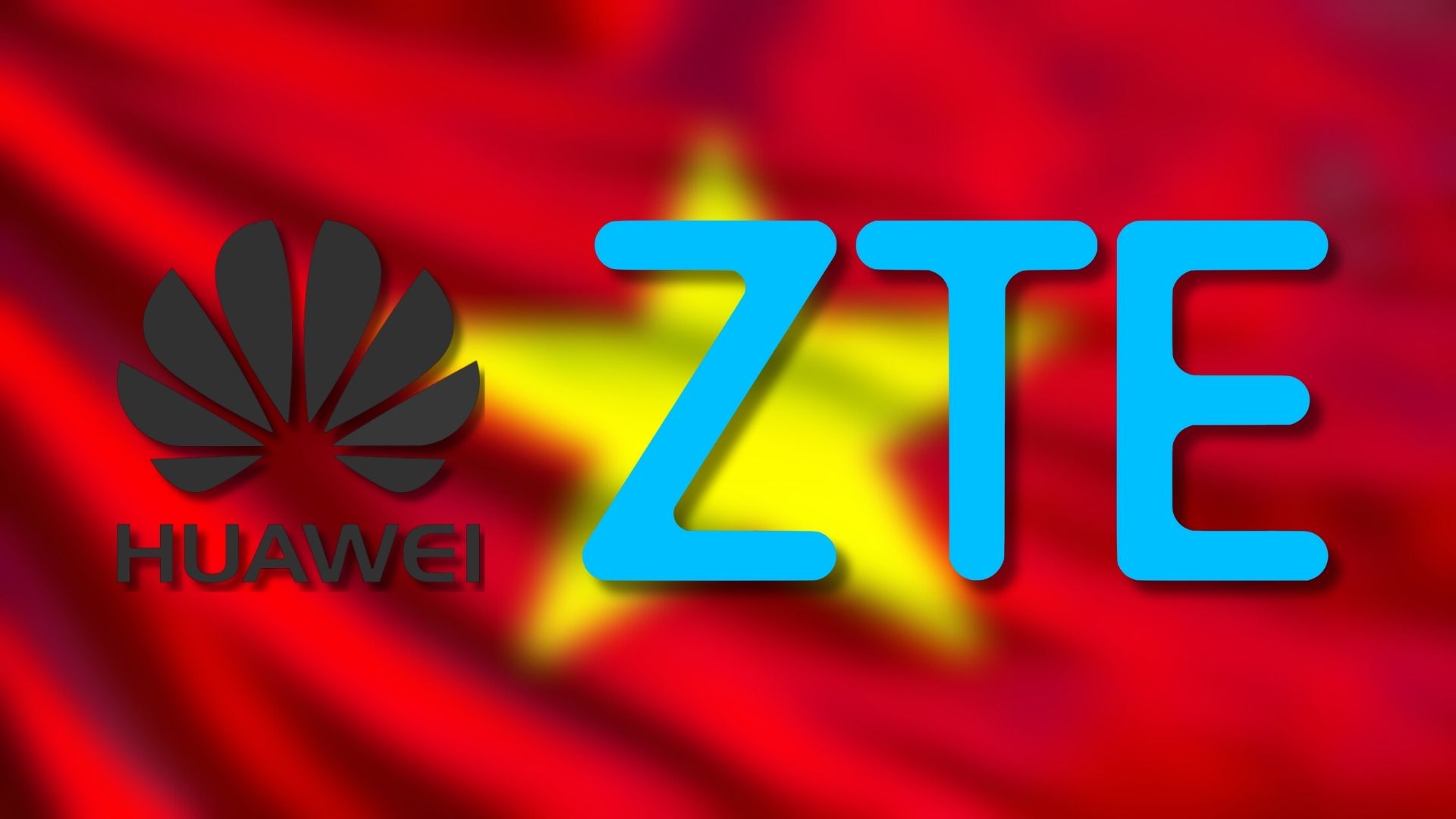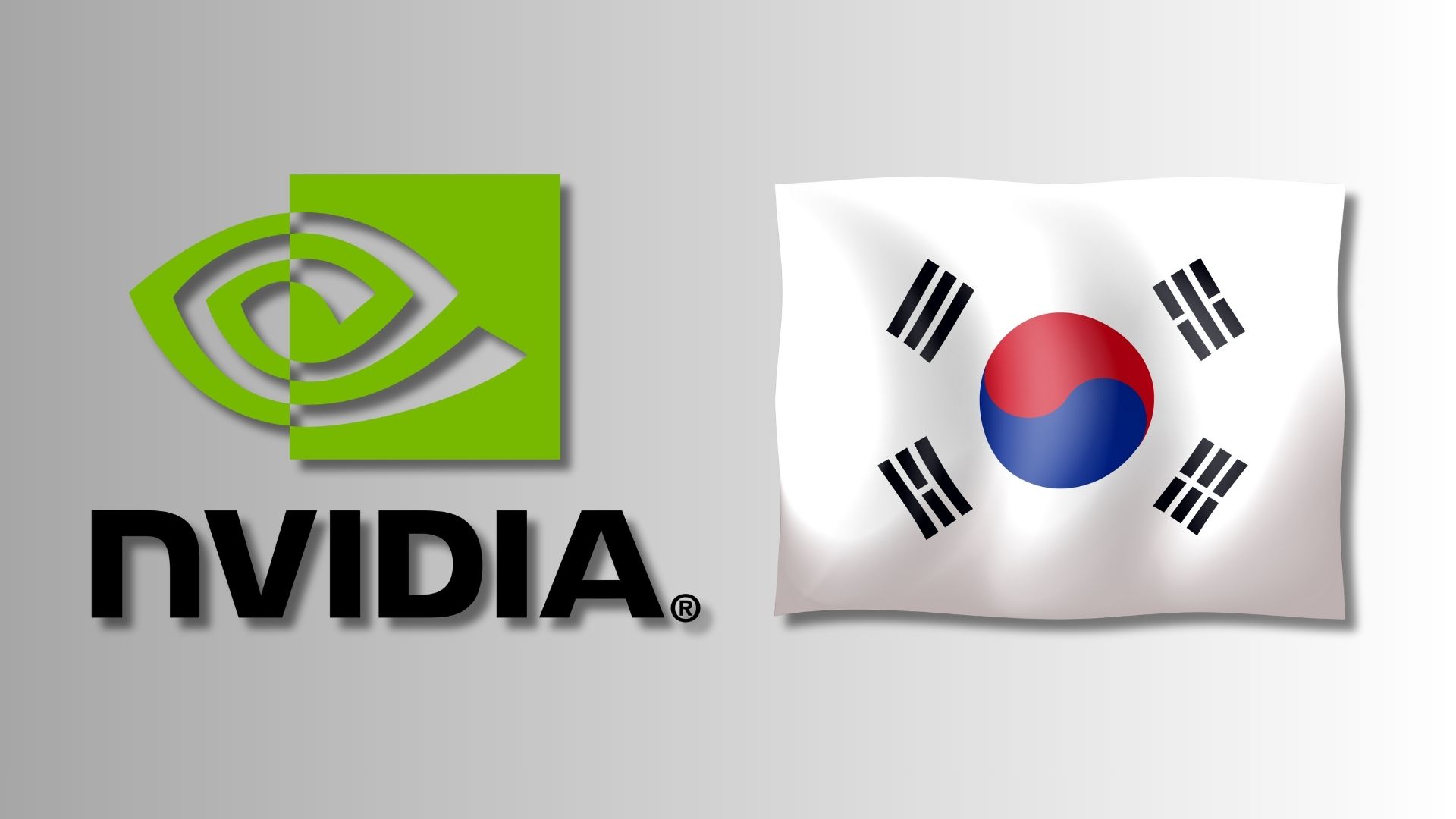NVIDIA AI Day Seoul drew more than 1,000 visitors who gathered to explore sovereign AI and the rapid progress shaping South Korea’s digital landscape.
Attendees joined workshops, technical sessions and startup showcases designed to highlight the country’s expanding ecosystem instead of focusing only on theoretical advances.
Five finalists from the Inception Grand Challenge also presented their work, reflecting the growing strength of South Korea’s startup community.
Speakers outlined how AI now supports robotics, industrial production, entertainment and public administration.
Conglomerates from South Korea, such as Samsung, SK Group, Hyundai Motor Group and NAVER Cloud, have intensified their investment in AI, while government agencies rely on accelerated computing to process documents and policy information at scale.
South Korea’s ecosystem continues to expand with hundreds of Inception startups, sovereign LLM initiatives and major supercomputing deployments.
Developers engaged directly with NVIDIA engineers through workshops and a Q&A area covering AI infrastructure, LLMs, robotics and automotive technologies. Plenary sessions examined agentic AI, reasoning models and the evolution of AI factories.
Partners presented advances in training efficiency, agentic systems and large-scale AI infrastructure built with NVIDIA’s platforms instead of legacy hardware.
South Korea’s next phase of development will be supported by access to 260,000 GPUs announced during the APEC Summit. Officials expect the infrastructure to accelerate startup growth, stimulate national AI priorities and attract new collaboration across research and industry.
The Seoul event marks another step in the country’s effort to reinforce its digital foundation while expanding its role in global AI innovation.
Would you like to learn more about AI, tech and digital diplomacy? If so, ask our Diplo chatbot!










